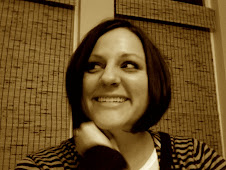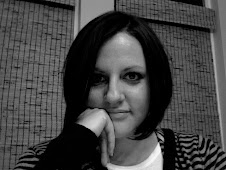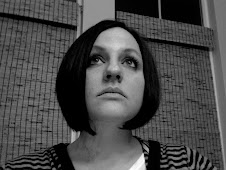Here are y notes from my second day of REACH training:
Understanding Prejudice, Power, and Diversity
Racism is like...
•Barbed Wire - it separates us and is hurtful
•A blinding fear of something unknown
•A race - and everyone is trying to get 1st place
•Judging a book by its cover
•The fangs of a demon - marked and obvious
OR morning mist in a jungle - unseen and subtle, yet blinding, clouding our vision
•A country's borders - separates, unseen, but cross it and people get angry
•Caroway seeds - bitter, the taste never leaves
•White Water - dangerous, destructive, sucks you in
•Acid - eats away, can be volatile
•Cancer
"We the people"
The ideal:
•A more perfect union
•Rights
•Life
•Liberty
•Happiness
•Justice
•Tranquility
•General welfare
•Common defense
How are we doing?
No matter where we think we are on the road to progressing toward a "more perfect union", we can all agree that we have made progress.
Morgan Freeman's Speech
Prejudice + Power
What institutions do we have that have systematic prejudices?
Education
Government
Business
Corporations
Organized Religion
Health Care
Law
Definition of Racism
The systematic discrimination and exploitation of human beings on the basis of their...
S sex/gender
H heterosexuality/homosexuality
A age
R race, religion
E eliteness
D disability
Identity Triangle
*Individual Uniqueness - the heart of you, what makes you individually special, this level is where conversations allow us to get to know individuals on a personal level, this level takes time and effort but is so important
*Collective Identity (the groups you belong to, everyone has many at many different levels) - LDS, teacher, 6th grade teacher, tech, BYU alum, singer, musical theater, field hockey player, goalie, Blunt, single female 30+, middle child, IDET, "fatherless" child, burn victim, dancer, educator
*Common Humanity - basic needs, language, association/relationships, DNA, values system, love, emotional needs, family units, belief system (organized religion or otherwise)
If we overemphasize any level of this triangle stereotypes can happen:
"We're all individuals and we rise and fall on our own" (too much individual focus)
"isms" occur (too much collective focus)
"I don't see color." or "We're all alike." (too much common humanity focus)
Too much emphasis on one level and not enough balance causes issues develop that create conflict.
Collectives:
•It's a luxury to be seen as an individual.
•We are all seen as representatives of several collectives.
•There are both positive and negative perceptions given to collectives.
•Some of these perceptions may not be true for you - but are perceptions that exist for the collectives of which you are a part.
•You have choices to:
1. Reinforce the positive aspects of your collective identity.
and
2. Take the time and make an effort to communicate with the other person so you can also be seen as an individual.
I am co-responsible for change and I will...
Thursday, November 6, 2008
Subscribe to:
Post Comments (Atom)












No comments:
Post a Comment